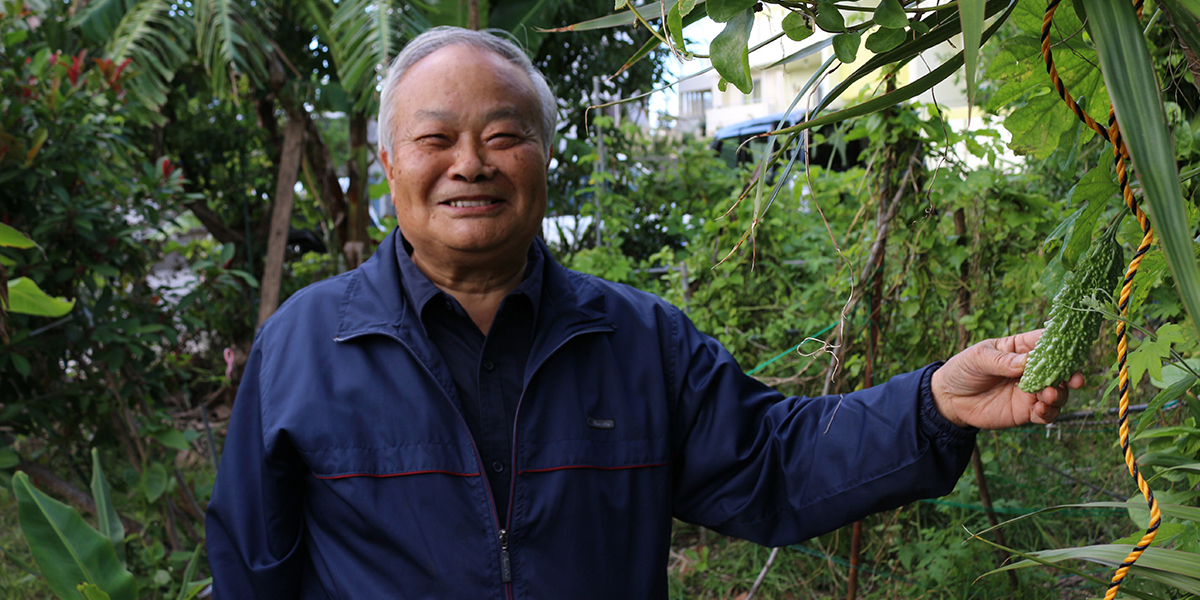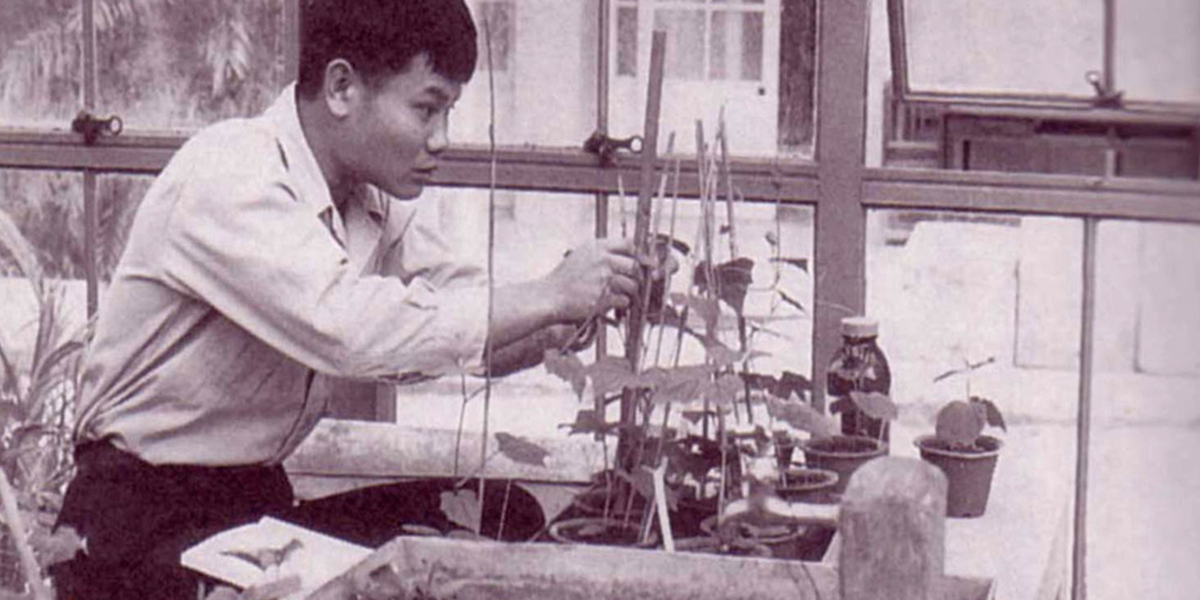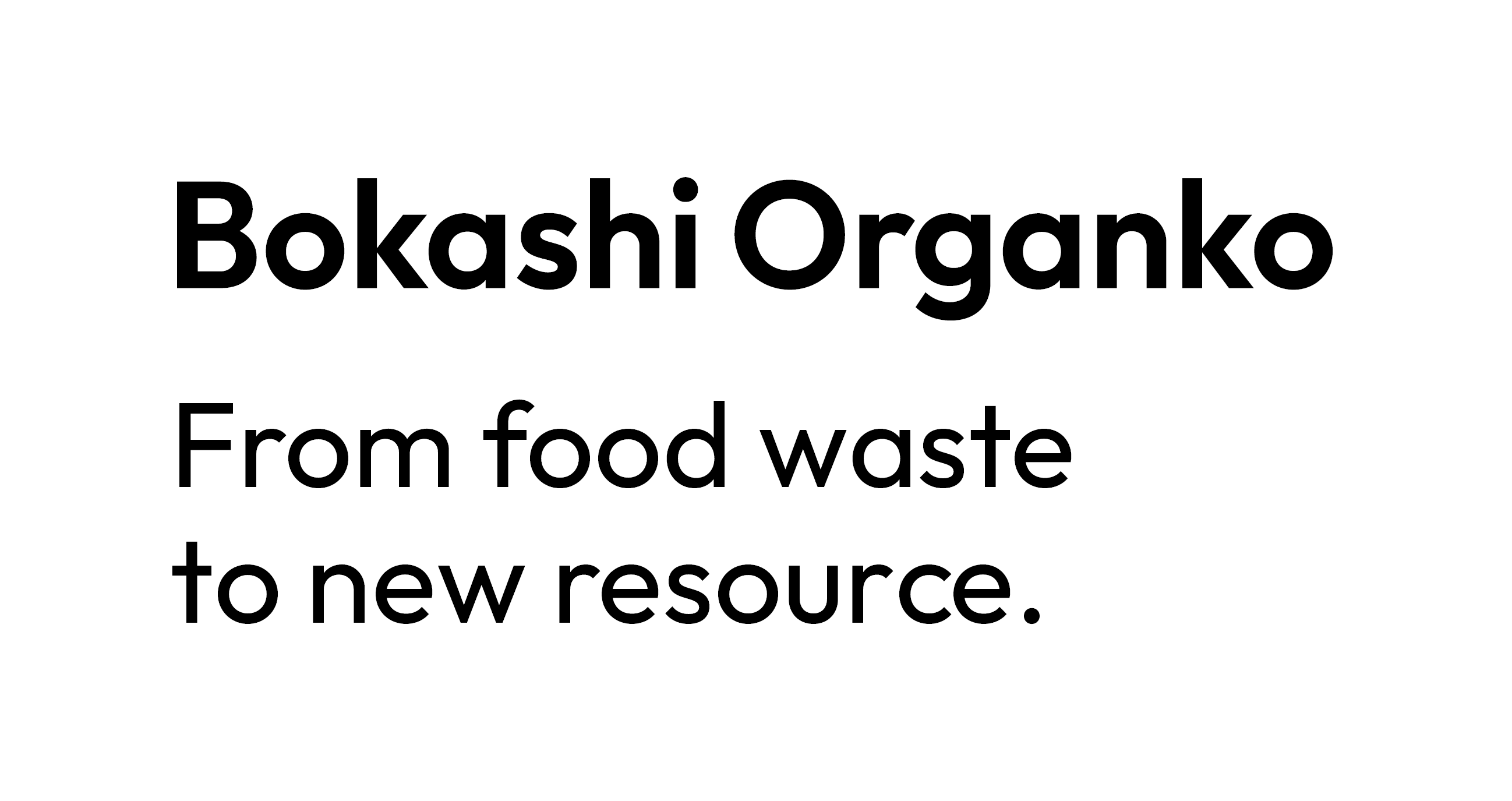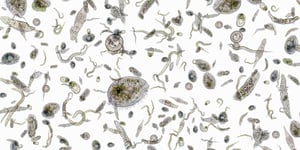We’ve talked a lot about different aspects of Bokashi composting on our blog. By now, you already know all about the different composter bins you can get and how to properly use them. We discussed the problems you might stumble upon and presented all the benefits the fermentation mass has on the garden soil. But now it’s time to get a much closer look at the whole composting process. Let’s meet the invisible force that is essential for bio-waste to ferment and turn into compost properly. We are talking about the effective microorganisms (EM), which you need to regularly add between bio-waste layers in the form of Bokashi bran.
What are effective microorganisms?
Effective microorganisms consist of mixed cultures of beneficial and naturally occurring microorganisms - tiny organisms which include lactic acid bacteria, yeasts, photosynthetic bacteria, actinomycetes, enzymatically active fungi, etc. They carry out specific chemical processes that maintain ecological balance and have many beneficial impacts on plants, animals, and, nonetheless, human beings.
Scientists have studied and tended to differentiate soil microorganisms as beneficial and harmful for many years. The first one to discover an optimal mix of beneficial microorganisms and named them “effective microorganisms” was horticulture expert dr. Teruo Higa, from the University of the Ryukyus in Okinawa, Japan. Subsequent research has shown that the inoculation of EM cultures to the soil ecosystem can improve its quality and health, as well boost the growth, yield, and quality of crops.

Use of effective microorganisms
Microorganisms follow the trend of added effective microorganisms in every medium; being soil, water, air or even the human intestine. This means that EM can help shift the medium’s microbiological equilibrium in ways that would enhance its quality and subsequently improve the yield and quality of crops.
Following Dr. Higa’s findings, numerous other studies have confirmed the beneficial effects of effective microorganisms on crops in the following decades. An article published in The Journal of Horticultural Science and Biotechnology in 2013 has concluded that in 70% of all cases studied, EMs positively affected the growth, yield, quality, and protection of vegetables.
These are pretty impressive results, given the fact that using effective microorganisms is an entirely natural gardening method. And the best thing is that you can produce this organic fertilizer completely by yourself by turning your food leftovers into Bokashi liquid and Bokashi mass.
While effective microorganisms can’t be used as a substitute for other soil and crop management practices (for example crop rotations, use of organic amendments, conservation tillage, crop residue recycling, and biocontrol of pests, etc.), they can, if used properly, significantly enhance the beneficial effects of these practices (Higa and Parr 1994).

Composting with Bokashi Organko
It doesn’t matter which of the three Bokasih Organko bins you will use for home composting since they will all provide you with first-class Bokashi liquid and mass. In each case, you will need to add Bokashi bran after every layer of bio-waste regularly. This valuable mixture of effective microorganisms, water, sugar, and bran will immediately trigger the fermentation process and soon result in two main products:
- A highly concentrated Bokashi (fermentation) liquid is full of alive but dormant effective microorganisms. When diluted with water, Bokashi liquid is a perfect planting treatment that can be applied weekly. The beneficial nutrition will organically boost your crops growth.
- The main result of the formation process in Bokashi Organko after two weeks is bokashi mass. It is full of effective microorganisms, which will significantly improve garden soil after we mix them together. As proven by Dr. Higa and other scientists, EMs in great numbers help shift the balance of microorganisms into beneficial ones and thus improve soil conditions.
There you have it - the secret behind home composting has been revealed. As you can see, it is a completely natural process with positive effects on your garden soil and consequently on your crops. What else can be more sustainable and natural than using bio-waste for growing your own food?


